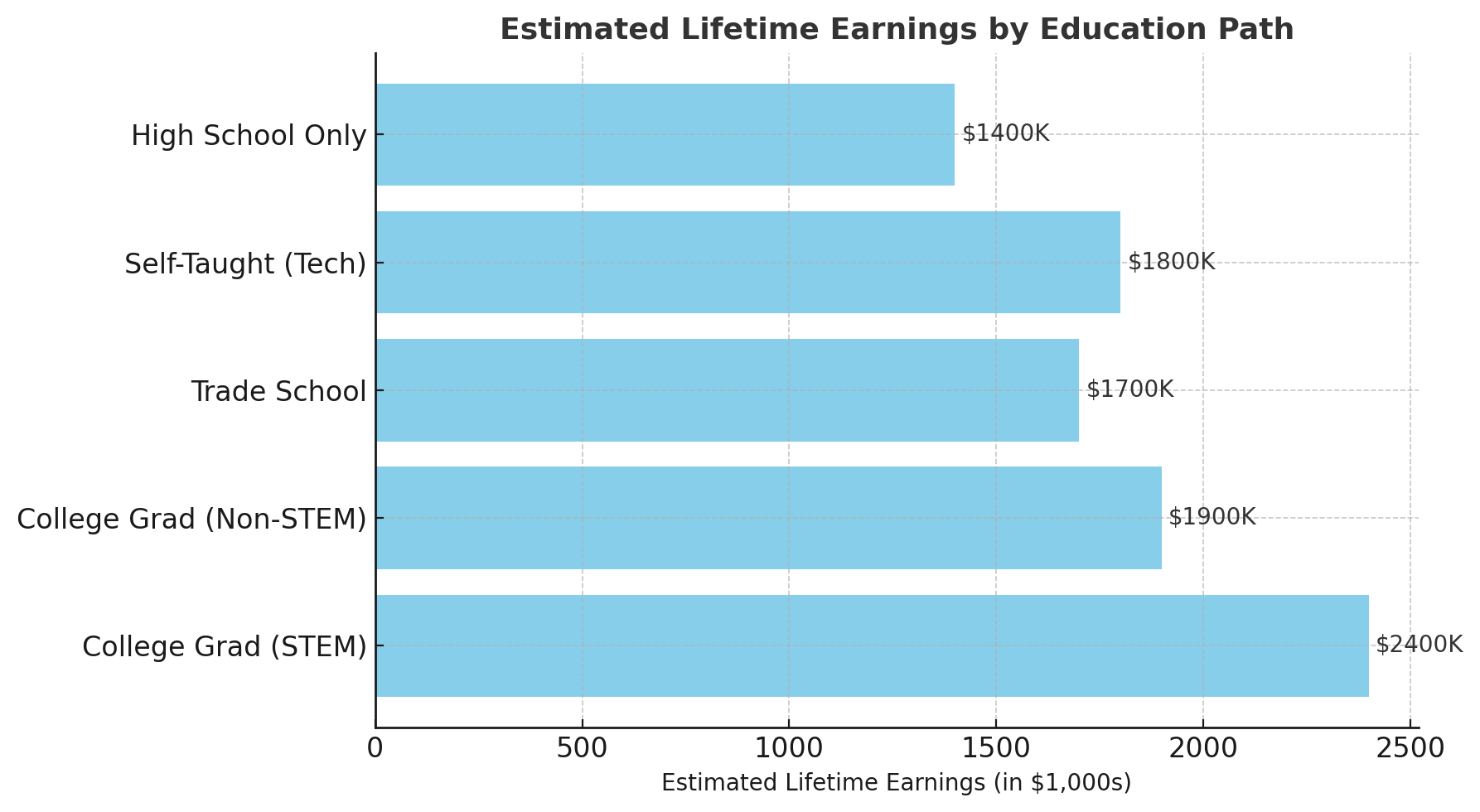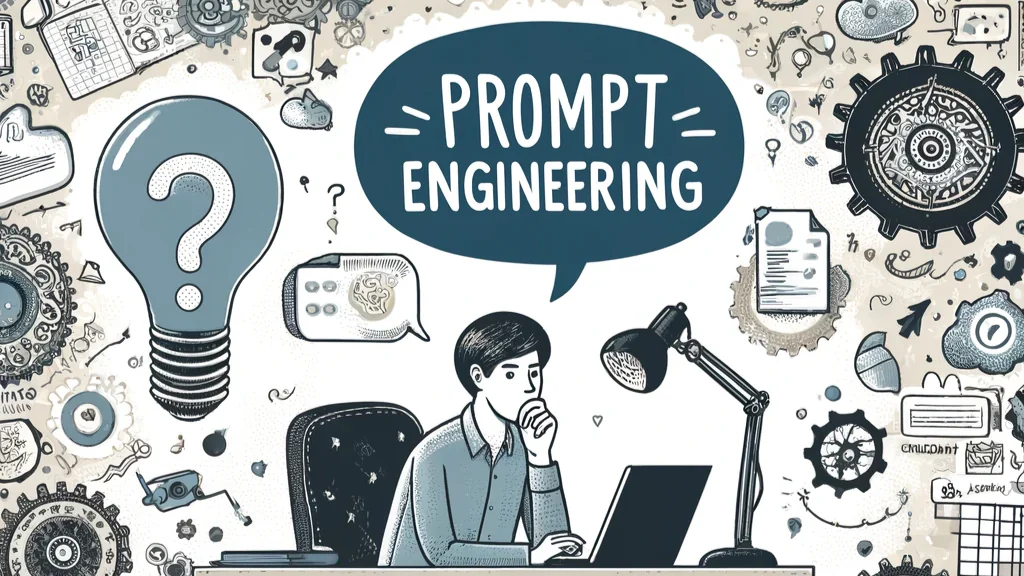For generations, going to college wasn’t a question—it was a promise. A degree meant stability, status, and a shot at the good life. But in 2025, that equation is more complex. Tuition costs are soaring. Student debt in the U.S. exceeds $1.7 trillion. Automation is reshaping careers faster than universities can revise syllabi. Meanwhile, bootcamps, microcredentials, and self-taught tech wizards are landing six-figure jobs without diplomas.
So, is college still worth it?
The answer is neither a resounding yes nor a cynical no. The truth lies in what you study, where, how much you pay, and—most crucially—what your goals are. In an economy defined by lifelong learning and agility, we must revisit college’s value through a sharper, more honest lens.
💼 The Shifting Job Landscape
In the age of AI, remote work, and digital transformation, employers care less about degrees and more about skills, adaptability, and outcomes. While formal education remains powerful in some sectors, it’s losing ground in others.
🔍 Most affected industries:
-
Still Degree-Heavy: Law, Medicine, Engineering, Academia
-
Degree Optional: Tech (software, data, product), Design, Sales
-
Alternative Routes Booming: Cybersecurity, Digital Marketing, UX/UI, AI ethics, Cloud Ops

🔧 Skills, Not Just Degrees
In today’s job market, skills are the new currency. Recruiters now scan for:
-
Technical Skills: Python, cloud computing, analytics, cybersecurity
-
Soft Skills: Collaboration, critical thinking, creativity
-
Learning Agility: Can you upskill fast? Solve new problems? Adapt to change?
The rise of platforms like LinkedIn Learning, Coursera, and Khan Academy makes it easier than ever to build job-ready capabilities without a formal degree.
🧠 When College Is Worth It
College still delivers powerful advantages—when approached strategically.
🎯 College pays off when:
-
You enter a regulated profession (medicine, law, architecture)
-
You study in-demand fields (engineering, AI, nursing, finance)
-
You attend low-debt schools or receive scholarships
-
You build strong networks, portfolios, and real-world experience
It’s less about prestige and more about ROI (return on investment).
⚖️ What Are the Alternatives?
-
Coding Bootcamps: Intense 8–16 week programs yielding real jobs
-
Community Colleges: Affordable, practical, flexible paths
-
Online Certificates: Google, Meta, IBM now offer $40–$300 credentials
-
Apprenticeships: Earn-and-learn models in trades and tech
-
Entrepreneurship & Creator Economy: Monetize skills directly
The key shift is from passive consumption (lectures) to active application (projects, portfolios).
📚 Case in Point: Real-World Pathways
-
Maria: Dropped out of college, completed a UX bootcamp, now earns $95k as a product designer
-
James: Finished philosophy degree, then did a cybersecurity nanodegree—now leads digital trust team at a fintech startup
-
Anika: Attended community college, transferred into engineering school with zero debt, now works in green tech
🧾 Conclusion: The Degree Isn’t Dead—But It’s No Longer Default
College can still be a great investment—but only when aligned with your personal goals, financial situation, and the demands of the modern economy. In many cases, alternatives may offer faster, cheaper, more relevant pathways to career success.
In an era of lifelong learning and constant reinvention, the question isn’t just "Is college worth it?" but:
What kind of learning will get me where I want to go—and keep me evolving along the way?
📰 Current Trends & Signals
-
Around 25 % of employers say they will remove bachelor’s degree requirements for some roles by end of 2025.
-
More broadly, over half of organizations now report dropping degree requirements in hiring, instead prioritizing demonstrated skills and practical experience.
-
Higher education institutions are under severe financial strain: more than 20 colleges shut down in 2024, and many more face pressure to merge or reconfigure.
-
The ROI rankings for U.S. colleges are changing: more attention is being paid to net cost, regional labor markets, and outcomes, not simply prestige.
-
Online degrees and hybrid formats are gaining acceptance: many graduates report their programs offered positive ROI and meaningful preparation for work.
🧠 My Take: Where I Think Things Are Going
I believe the role of college is shifting — not disappearing, but being redefined. Here’s how I see it:
-
College is becoming a specialized investment, not a universal default. It will make sense when it leads directly to high-value fields, is subsidized, or is tightly aligned with market demand.
-
Those who skip traditional degrees can compete — but only if they build portfolios, networks, and evidence of skill. The “no degree, no problem” narrative is real in many tech and creative sectors — but not everywhere.
-
We’ll see a “two-track higher education landscape.” One track will be high-end, selective, expensive—but offering brand, network, and prestige. The other will be flexible, modular, skill-based, lower cost, and closely tied to employers.
-
Institutions that don’t evolve will fade. Colleges that cling to legacy models, resist outcome measurement, or fail to partner with industry will struggle or close.
-
Equity will be the test. If alternative pathways (bootcamps, credentials, apprenticeships) only serve already privileged learners, we risk deepening inequality. For the shift to be positive, access and support must accompany transformation.
✅ Conclusion
College is no longer a safe, unquestioned bet — but in many cases, it still has value. The real question now is not “college or no college?” but which model of learning—what format, what cost, what alignment with work—delivers real, lasting value.






